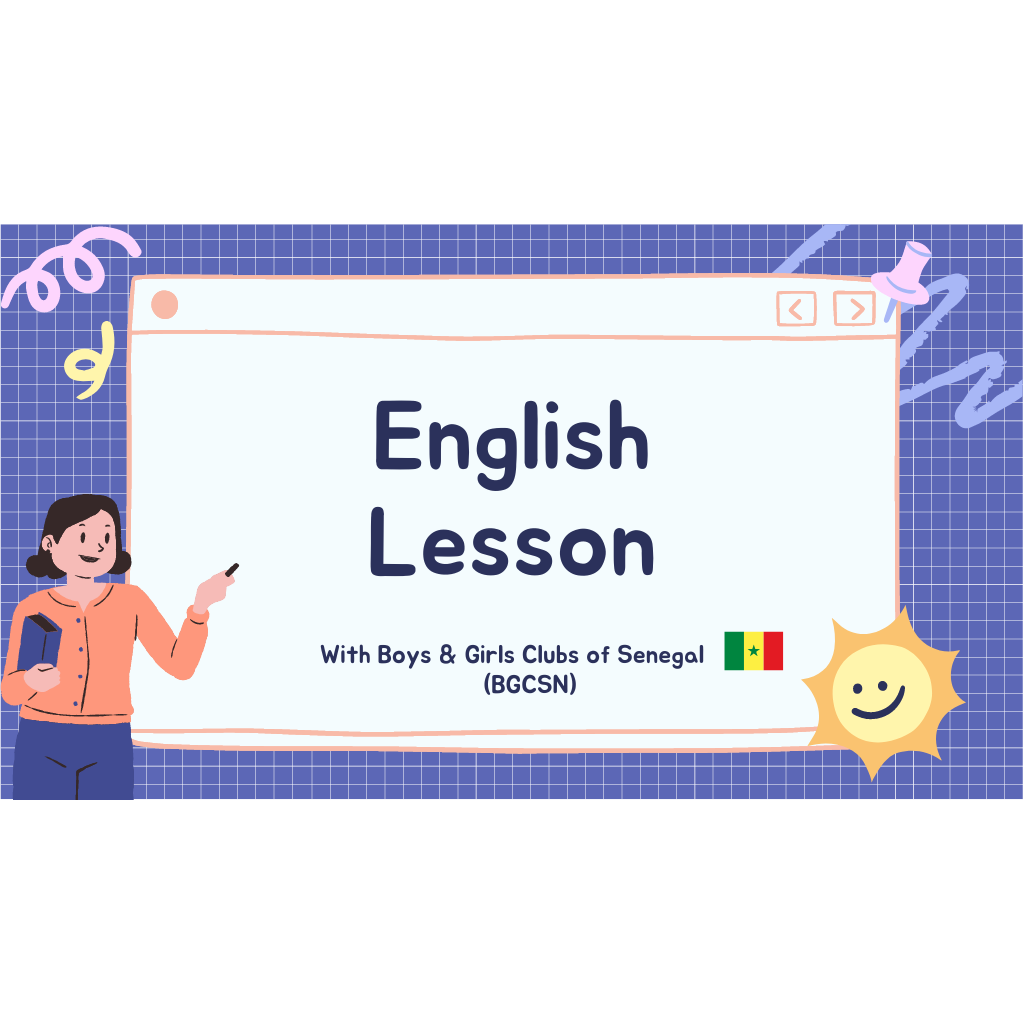Unlock your potential and expand your knowledge with the power of suffixes! Suffixes are added to the end of words to give them additional meanings, which can help deepen your understanding of the English language. With their help, you can turn a simple word into something rich and descriptive, unlocking the greatest depths of your vocabulary. Whether you’re a beginner or an experienced speaker of the English language, incorporating suffixes into your everyday speech can provide you with the tools you need to express yourself better. Unleash the power of suffixes and start mastering the English language today! Improve Your Vocabulary With Suffixes
Developing a strong and diverse vocabulary is crucial for effective communication in English. One effective way to enhance your vocabulary is by learning and understanding different suffixes. Suffixes are word parts that are added to the end of a base word to change its meaning or form a new word altogether. By familiarizing yourself with common suffixes, you can decipher the meaning of new words more easily and expand your word bank significantly.
Firstly, let’s explore some commonly used suffixes and their meanings. The suffix “-able” is often added to verbs, forming adjectives that describe the possibility or capability of the base word. For example, adding “-able” to the verb “read” results in “readable,” indicating that something can be read. Similarly, the suffix “-ful” is used to form adjectives indicating the presence of the quality or characteristics expressed by the base word. For instance, “careful” implies the quality of being cautious or attentive.
Another commonly used suffix is “-tion,” which is added to verbs to create nouns. This suffix indicates an action, state, or result of the base word. For instance, the verb “educate” becomes “education,” representing the process or act of educating. Similarly, the suffix “-ment” is used to create nouns indicating a state or condition resulting from the base word. Adding “-ment” to the verb “enjoy” forms “enjoyment,” referring to the state of experiencing pleasure.
Moreover, the suffix “-ist” is added to nouns to form nouns indicating a person who practices or specializes in a particular field or belief. For example, “artist” signifies a person who practices art, while “scientist” refers to someone who specializes in scientific research. Similarly, the suffix “-less” is used to form adjectives that describe the absence or lack of the quality expressed by the base word. Adding “-less” to the noun “fear” results in ”fearless,” suggesting the absence of fear.
Lastly, the suffix “-ize” is added to nouns or adjectives to create verbs indicating the act or process of using, making, or transforming something. For instance, “economize” means to use resources efficiently, while “organize” signifies the process of arranging or structuring.
To improve your vocabulary with suffixes, it is essential to practice and familiarize yourself with words containing these suffixes. Reading books, newspapers, or online articles can expose you to a wide range of vocabulary, including various suffixes. Make a note of new words with their respective suffixes, and try to use them in your everyday conversations or writing exercises. Using suffixes in context will not only enhance your vocabulary but also improve your overall language proficiency.
In conclusion, mastering suffixes is a valuable skill when it comes to improving your vocabulary. Learning common suffixes such as “-able,” “-ful,” “-tion,” “-ist,” “-less,” and “-ize” will help you better understand words and their meanings. By incorporating new words with suffixes into your daily language use, you will gain confidence, enhance your communication skills, and become a more proficient English speaker.
Take the power of suffixes and add it to your everyday life! With the help of suffixes, you can unlock and expand your vocabulary in no time. Unleash a new form of language savvy by incorporating a few suffixes into your daily activities. Your lexicon will thank you for it!
